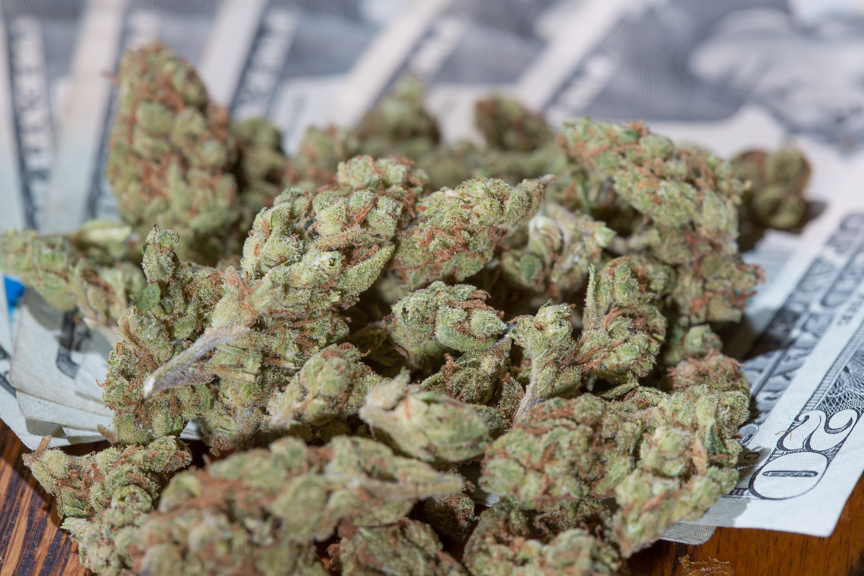“Those are mature marketplaces, and you are surpassing them. Missouri is doing amazing things, and we expect tremendous growth in this market going forward.”
By Rebecca Rivas, Missouri Independent
In less than two years of selling legal recreational weed, Missouri’s cannabis market has grown to $1.4 billion—outperforming states with a longer history of marijuana legalization like Arizona, Colorado and Nevada.
“Those are mature marketplaces, and you are surpassing them,” said Laurie Parfitt, CEO at LKP Impact Consulting. “Missouri is doing amazing things, and we expect tremendous growth in this market going forward.”
Parfitt gave a year’s overview of Missouri’s cannabis market as part of the MJ Unpacked Conference in St. Louis last week, which brought together more than 1,000 industry leaders, regulators, investors and scientists to address issues facing the cannabis market.
To a ballroom packed with brand executives, Parfitt unveiled Missouri’s top consumer—it’s unsurprisingly a millennial man.
Men make up 64 percent of cannabis sales in Missouri and more than 40 percent of shoppers overall are millennials, or people between ages 28 and 43.
Gen X buyers (ages 44-59) make up 25 percent and Gen Z consumers, those between 21 and 27, are at 18 percent. Baby boomers make up the remaining 14 percent.
“When you really think about your marketplace, the majority of consumers are sitting in that millennial bracket,” she said. “And flower still dominates everything.”
Nearly 50 percent of sales consists of flower—or what most would recognize as good old-fashion weed sold in a container.
“Flower is the 800-pound gorilla,” she said, “and it’s always going to be one of the biggest categories out there. It’s the major growth driver in this marketplace.”
That’s true among all age groups in Missouri. However among the younger generations, vape pens are a close second but edibles make up a small percentage of their shopping cart.
And it’s the complete opposite for the older generations, who are starting to buy more edibles. In fact, the largest consumers of edibles currently in Missouri are baby-boomer women.
The top five brands make up almost 27 percent of the state’s total sales. Those are Illicit Gardens, Good Day Farms, Codes, Amaze Cannabis and Vivid.
Parfitt’s presentation was based on sales from September 2023 to October 2024, compiled by the cannabis data platform company Headset.
Missouri voters approved recreational cannabis in 2022, and sales began a few months later in February 2023.
Andrew Mullins, executive director of the Missouri Cannabis Trade Association, said Missouri looks different from other states’ markets after transitioning from selling only medical marijuana to adding recreational cannabis. Other states saw a surge in sales the first few months and then a pretty quick drop.
“We’ve been really surprised here in Missouri that it’s basically been almost the exact same, around $120 million every month all the way through,” Mullins said.
This summer, MoCann pointed to another study that showed Missouri had the fifth most recreational cannabis sales, $709 million, in the first half of 2024 among all adult-use states.
The report released by national cannabis business publication Green Market Report, showed California leading the nation in legal cannabis sales, followed by Michigan, Illinois and Massachusetts, all states with larger populations and that legalized cannabis before Missouri.
And that growth translates to jobs, Mullins said. The state’s industry now employs more than 20,000 people, according to the Division of Cannabis Regulation’s October data on cannabis employees or “agents” who’ve been licensed.
“We’re very fortunate for the economic impact that it’s created,” Mullins said, “and the jobs that it’s created.”
This story was first published by Missouri Independent.
Photo courtesy of Chris Wallis // Side Pocket Images.

